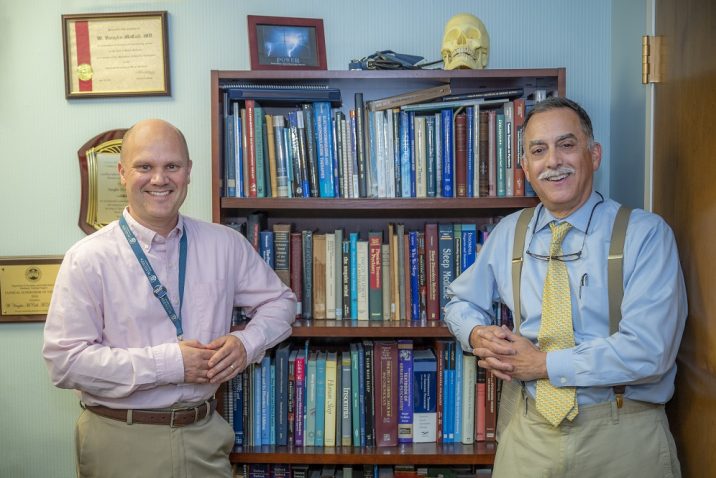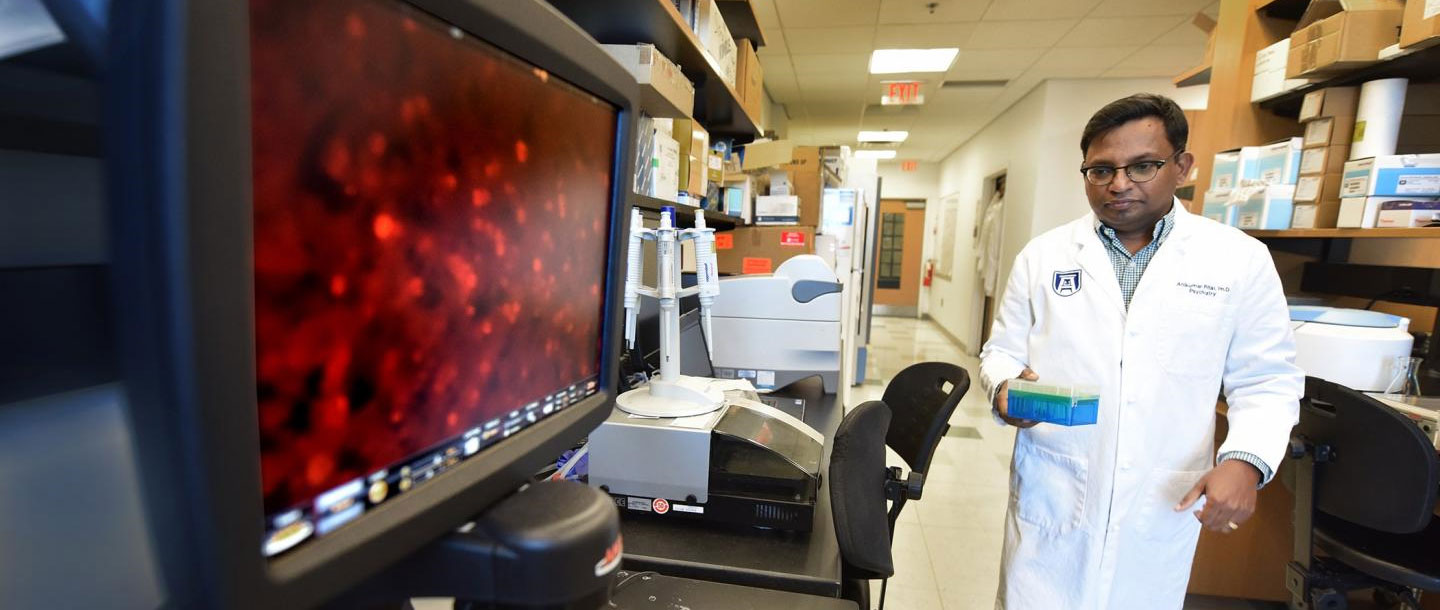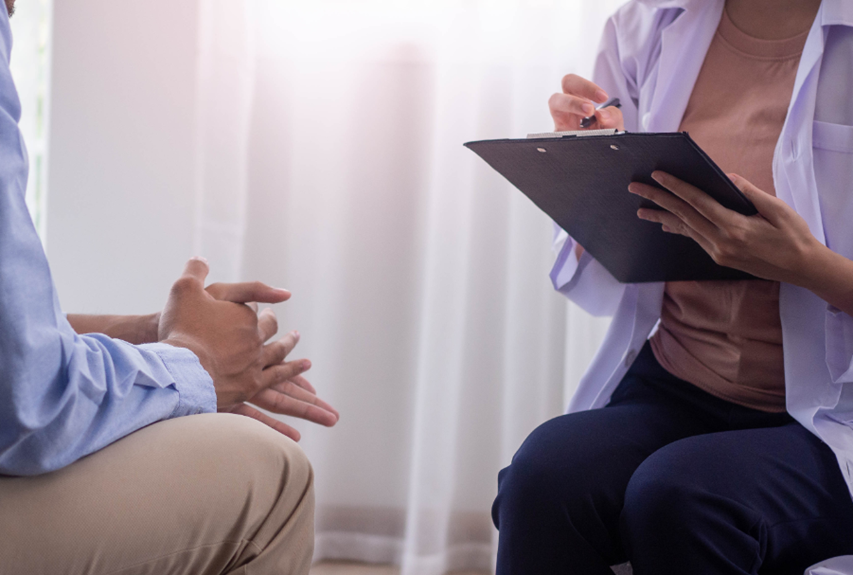
Psychiatry & Health Behavior
The Medical College of Georgia Department of Psychiatry and Health Behavior is a team of professionals dedicated to improving the mental and physical health of the people of Georgia. The Department has been making seminal contributions to American psychiatry since the 1950s, continuing into the current age through excellence in education, clinical care, community collaborations, and innovative research.
Our department prioritizes collegiality and collaboration in all we do. We have developed extensive expertise in the integrated delivery of mental health treatments in both the primary care and specialty clinics of MCG. We have enduring collaborations with state and local mental health care organizations, sharing our expertise to support patient- and family-centered care at all levels of service. Our clinicians deliver care to patients across the entire mental health spectrum, and our neurostimulation services offer hope those most severely affected. Complementing our clinical services are our clinical and public health research endeavors, as we aim to develop new treatments for mood and psychotic disorders, and enhance methods of treatment delivery to overcome barriers to care, whether geographic, cultural, or financial.
The department is home to accredited ACGME-approved fellowship training programs in general psychiatry and child and adolescent psychiatry, with additional fellowships and training in programs in addiction medicine, public health psychology, forensic psychology, LGBTQ psychology, and child and adolescent psychology. We are a department on the rise, and we welcome all those who wish to join us as faculty, trainees, or staff. Please explore our website further to learn more about us!
Contact Us
Psychiatry & Health Behavior
Health Sciences Campus
Outpatient:
706-721-6597
Admin:
706-721-6719
706-721-1793
EG- 3024

Forensic Institute
MCG's Forensic Institute provides consultative services to private attorneys, the courts, administrative law bodies & governmental agencies.
Psychiatry & Health Behavior News

The antipsychotic clozapine linked to significantly less insomnia in people with schizophrenia
The antipsychotic clozapine linked to significantly less insomnia in people with schizophrenia
Spearman-McCarthy honored by professional associations
Spearman-McCarthy honored by professional associationsMORE PSYCHIATRY & HEALTH BEHAVIOR NEWS


